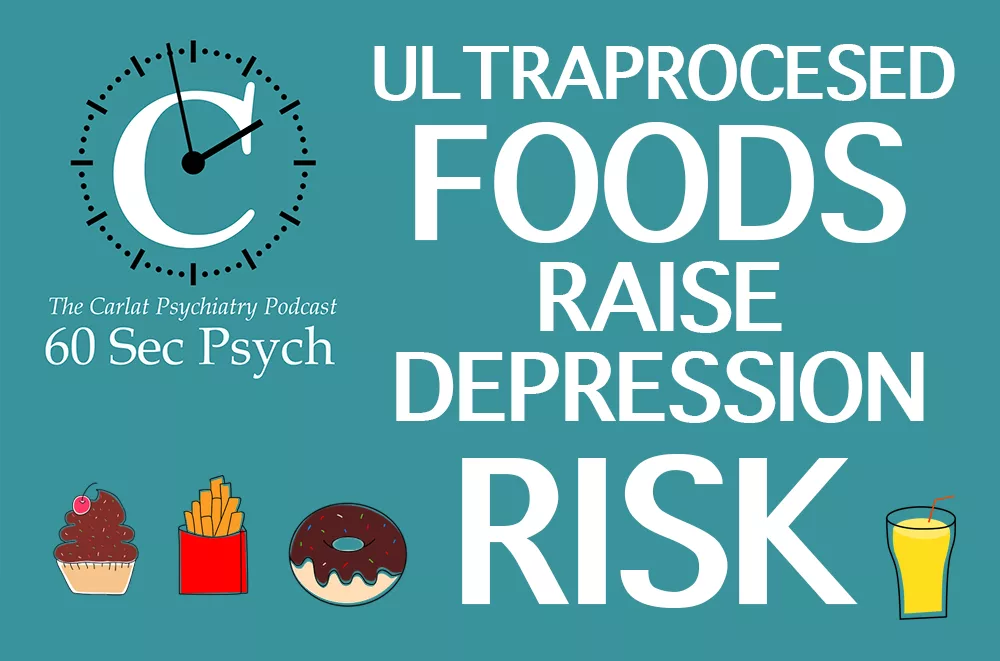In 2004 Morgan Spurlock decided to see what would happen when he ate a typical McDonald’s meal for breakfast, lunch, and dinner. Over the next 30 days, we watched as he gained 24 pounds and developed high cholesterol, fatty liver, and signs of depression in the now classic documentary Supersize Me.
Published On: 11/4/2020
Duration: 3 minutes, 26 seconds
Transcript:
In 2004 Morgan Spurlock decided to see what would happen when he ate a typical McDonald’s meal for breakfast, lunch, and dinner. Over the next 30 days, we watched as he gained 24 pounds and developed high cholesterol, fatty liver, and signs of depression in the now classic documentary Supersize Me. Morgan was just one man, but this month the first systemic meta-analysis of epidemiologic studies of ultra processed foods has come out, and we have a clearer picture of what poor dietary habits do to 300,000 people.
The study included 23 studies, about half of which were cross-sectional and the other half prospective cohort studies that followed people over time, from 3 and a half to 19 years. Here’s what they found:
A diet high in ultraprocessed foods was associated with an 80-100% increase in obesity, high cholesterol and metabolic syndrome. It was also associated with a 20-30% increase in vascular disease, mortality, and depression. The main limitation of these findings is that they are based on uncontrolled studies, although most of them attempted to adjust for potential cofounders such as other unhealthy behaviors that tend to go along with unhealthy diets.
So what makes ultraprocessed foods so harmful?
One reason is their content – they tend to contain more added sugars, harmful fats, and are low in fiber and high in energy density. Then there’s the byproducts. Some of the heating and packaging techniques creates by products that can damage the vascular system. They also cause inflammation by disrupting the gut microbiome. Finally, ultra processed foods are slow to alert the satiety center, so people end up eating a lot more calories than they would from natural foods.
Processed just means that the food was changed in some way from its natural source. So technically cheese, bread, and canned tomatoes are all processed. But those are lightly processed foods. Highly processed foods are the ones we’re worried about, and it’s important to know how to identify them because a large part of the Mediterranean style diet for depression is cutting back on ultra processed foods – ideally to fewer than 3 servings a week. We reviewed that diet in our May 2019 issue, where we interviewed the principle investigator of the first study that tested it out – Felice Jacka. Since then two other randomized controlled trials have confirmed her finding.
The most reliable way to classify them is through the NOVA system, and we’ll pick up there in our next 60 second psych.
Got feedback? Take the podcast survey.


_-The-Breakthrough-Antipsychotic-That-Could-Change-Everything.webp?t=1729528747)



